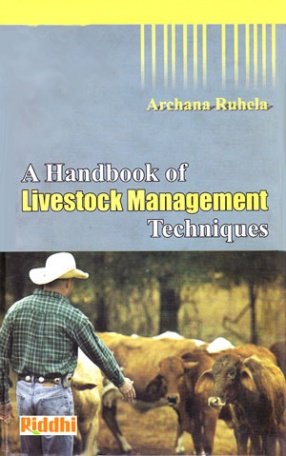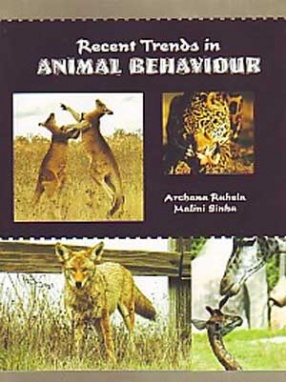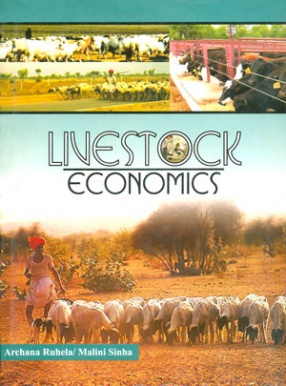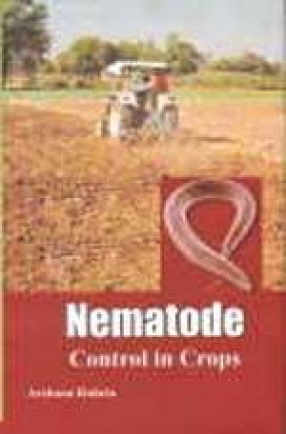
Showing all 5 books




Modern livestock management techniques seek to minimize human involvement, increase yield and improve animal health. Economy, quality and consumer safety all play a role in raising animals. Drug use and feed supplements may be regulated / prohibited to ensure that yield is not increased at the expense of consumer health, safety or animal welfare.The present book is intended to be a guide that provides the details of useful, complete, accurate and safe procedures ...


Livestock economics, or the application of economic methods to optimizing the decisions made by livestock producers, grew to prominence around the turn of the 20th century. It focused on maximizing the yield of livestocks while maintaining a good ecosystem. Throughout the last century, the discipline expanded and the current scope of the discipline is much broader. Livestock economics today includes a variety of applied areas, having ...

Environmental science aims at understanding environmental problems confronting our planet and learning how to manage, if not solve, them. Global warming, diminishing biodiversity, shortages in freshwater, long range transport of air pollutants and accumulation of persistent organic compounds in food webs are some of the serious problems threatening environment and living organisms. How to manage them or mitigate their effects is the role that environment science ...

Nematode management tactics can be grouped into three types: prevention, containment and chemical control. Prevention tactics include practicing crop rotation, using nematode-free seeds and transplants, planting nematode-resistant varieties and maintaining good farm and equipment sanitation. Containment tactics prevent nematodes from spreading to other fields. Chemical control measures are often not recommended due to resulting contamination of soil and ...
